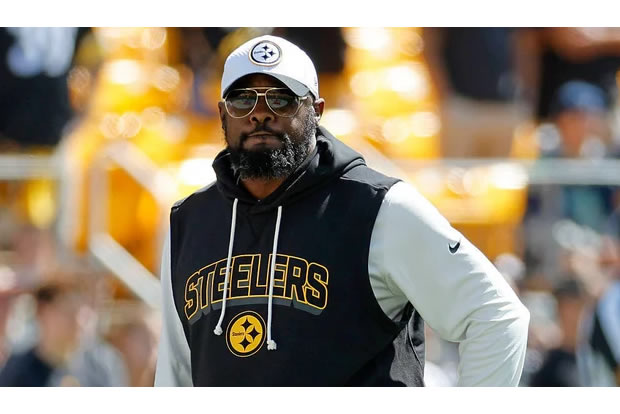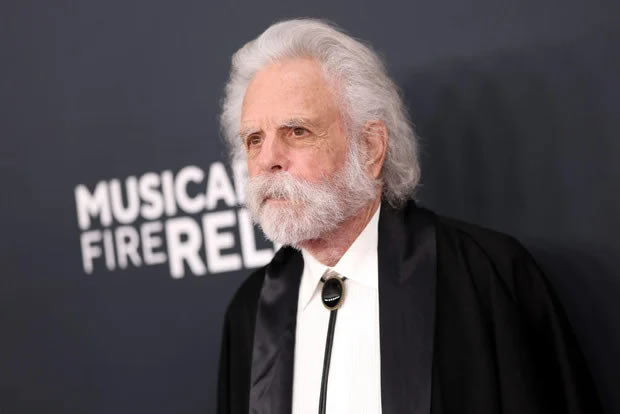At this time last summer, Cole Hocker had yet to run a meaningful race in college, let alone on the Olympic stage.
A year later, the promising but inexperienced 20-year-old is the U.S. men’s track team’s last hope of avoiding ignominy.
An American man has won gold in an individual running event at least once at every Olympics in which the U.S. has participated. Since 1896, the only exception is the 1980 Moscow Games that the U.S. famously boycotted.
That streak is on life support in Tokyo with nine of 10 men’s individual running hey dude shoes events already complete. The underachieving Americans have claimed four second-place finishes and a pair of third places so far in those races but have yet to produce a gold medalist.
Hocker’s presence in Saturday’s men’s 1,500 meters final offers the U.S. one last-gasp chance to preserve its gold-medal streak. The floppy-haired University of Oregon sophomore has evolved from prized recruit, to America’s fastest 1,500 runner, to Olympic medal hopeful in stunningly rapid fashion.
Kenya’s Timothy Cheruiyot is the favorite in the 1,500, though races at that distance have often produced upsets in the past. If the pace is slow early, that could bring Cole Hocker’s devastating final 200 meters into play. If the pace is quick from the start, Hocker must summon the strength to stay in striking distance of the leaders without weakening his signature final kick.
It’s a testament to how disappointing the U.S. men’s sprint corps has been that a gold-medal shutout is even a possibility. The Americans arrived in Tokyo with dreams of sweeping the sprint events with Usain Bolt retired and the Jamaicans struggling to develop a successor.
A converted long jumper from Italy winning gold in the men’s 100 was the first sign that the U.S. might be vulnerable. The absence of suspended 100m world champion Christian Coleman hurt the Americans, as did Trayvon Bromell failing to recapture the world-leading form he displayed this past June when he twice ran a 9.80 or better.
The performance of America’s most decorated sprinters in the 200 and 400 underwhelmed too. Neither Noah Lyles nor Michael Norman could even claim to be the fastest American in their signature events. Lyles, the reigning world champion, labored through ecco shoes the 200 heats and settled for bronze in the final. It was even worse for Norman, who looked vulnerable in the 400 heats and then went out too hard in the final and faded to fifth place.
Not all of the silver medals won by USA Track & Field were created equal either. Rai Benjamin’s should be the size of a dinner plate after he demolished Karsten Warholm’s old world record in the 400-meter hurdles, only to watch the indomitable Norwegian set a new one. Fred Kerley’s silver in the 100 was also a massive achievement, as was Kenny Bednarek emerging from the shadows of better known teammates to place second in the 200.
And yet Grant Holloway appeared ready to chuck his silver medal from the 110-meter hurdles in the nearest dumpster. Holloway, who missed the world record by one hundredth of a second at the U.S. Olympic Trials, led most of Thursday’s race but lost concentration over the final hurdle, struggled to reaccelerate and had to lean at the finish line just to hold onto second place.
That mistake wasn’t nearly as unforgivable as the bumbling 4×100-meter relay team extending the U.S.’s recent misery in an event that the Americans once owned. A U.S. team featuring three of the six fastest men in the world this year botched a baton pass, couldn’t recover and failed to qualify for the final.
Bromell called it “BS.”
Carl Lewis, tweeting from his home in Houston, described it as a “total embarrassment.”
Whatever you want to call it, the sight of four U.S. sprinters staring at the video board trying to figure out what went wrong was the ideal metaphor for this nightmare week for American men’s track.
There are a few theories that might help explain the U.S. men’s woes, but none fully stand up to closer scrutiny.
It certainly didn’t help that so many of the U.S.’s medal favorites either had no experience on a global stage or were making their Olympic debuts. Lyles, Norman and Holloway are each 24 or younger — and 17-year-old phenom Erriyon Knighton hasn’t even finished high school.
The lack of a full-fledged U.S. training camp due to COVID wasn’t ideal either, nor was a gap of less than a month between the U.S. Olympic Trials and the start of the Games. Americans typically face steep competition just to make the U.S. Olympic team and may not have had the time that brooks shoes they needed to rest and recover afterward.
At the same time, the U.S. women didn’t seem to have as many problems in similar conditions. While shot putter Ryan Crouser is the lone American male track and field athlete to win gold, four U.S. women have claimed gold medals, including 19-year-old Athing Mu in the 800.
These Olympics will go down as a disappointment for U.S. men’s track no matter what happens the next few days, but Hocker has a great chance to salvage some American pride.
Only three times in Olympic history has the U.S. even been held to even one gold in the men’s individual running events. The Americans don’t want this to be the first Olympics they leave with none.















+ There are no comments
Add yours